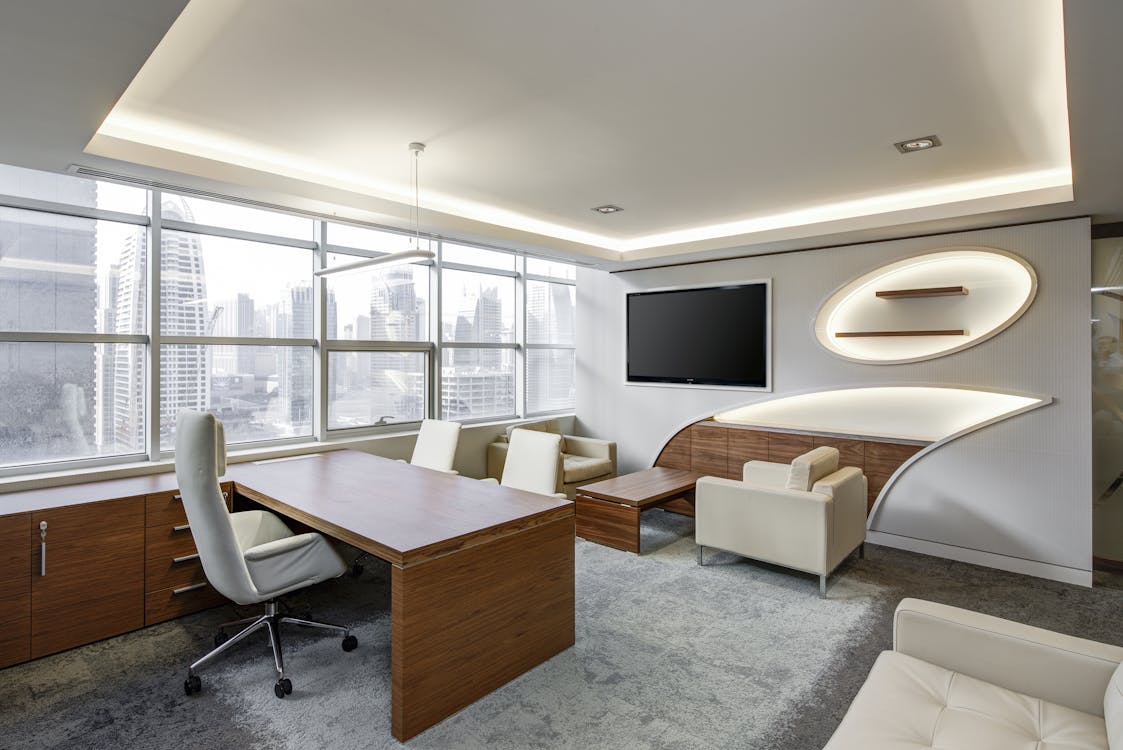The Crucial Role of Lighting in Enhancing Productivity and Well-Being

Lighting has a profound influence on our mood and emotions. In a workplace, the appropriate lighting design can create an atmosphere that fosters focus, creativity, and positivity. Natural light, in particular, has been proven to enhance mood and well-being, reducing stress and anxiety levels. It helps regulate the body's circadian rhythm, boosting alertness and promoting a sense of vitality. Integrating ample windows, skylights, and other daylighting strategies can maximize the use of natural light, providing an invigorating environment that improves productivity and enhances the overall work experience.
Effective lighting solutions play a pivotal role in improving productivity levels among employees. Poor lighting, characterized by inadequate illumination, glare, or flickering lights, can lead to eye strain, headaches, and reduced focus. Conversely, well-designed lighting systems that provide ample brightness and appropriate contrast can optimize visual acuity, facilitating tasks and reducing errors. Task lighting, such as adjustable desk lamps or overhead lights, can be tailored to meet individual needs, promoting comfort and efficiency. By optimizing lighting conditions, employers can unlock the potential for increased productivity and enhanced job satisfaction.
The impact of lighting on our health extends beyond mere aesthetics. Insufficient or inappropriate lighting can disrupt our natural sleep patterns, leading to sleep deprivation, fatigue, and a range of associated health issues. Adequate exposure to natural light during the day, as well as access to lighting controls that mimic natural daylight variations, can regulate our circadian rhythms, promoting healthy sleep patterns and overall well-being. Moreover, incorporating lighting designs that minimize glare and provide uniform lighting levels can reduce eye strain and discomfort, preventing long-term vision problems.


Workplaces today emphasize collaboration and creativity as key drivers of innovation and success. Lighting can play a pivotal role in facilitating these aspects. Well-lit spaces with appropriate task lighting and ambient lighting can foster clear communication, encourage teamwork, and create an inviting environment that stimulates creativity. By carefully considering lighting design, architects and designers can create zones with different lighting intensities to support various activities, such as brainstorming sessions, presentations, or focused individual work.
In addition to the numerous benefits mentioned above, implementing energy-efficient lighting solutions can contribute to sustainability and cost reduction. LED lighting, for instance, not only consumes significantly less energy but also has a longer lifespan, reducing maintenance and replacement costs. Integrating smart lighting systems that incorporate sensors, timers, and daylight harvesting techniques can optimize energy consumption by automatically adjusting lighting levels based on occupancy and natural light availability.
As we recognize the profound impact of lighting on our overall well-being, productivity, and the quality of work environments, it becomes evident that investing in effective lighting solutions is crucial. For individuals, businesses, architects, and designers, understanding the importance of lighting in workplaces empowers them to create environments that support optimal performance, promote well-being, and foster creativity. By harnessing the power of light, we can illuminate not just our physical spaces, but also our lives and the way we work.








